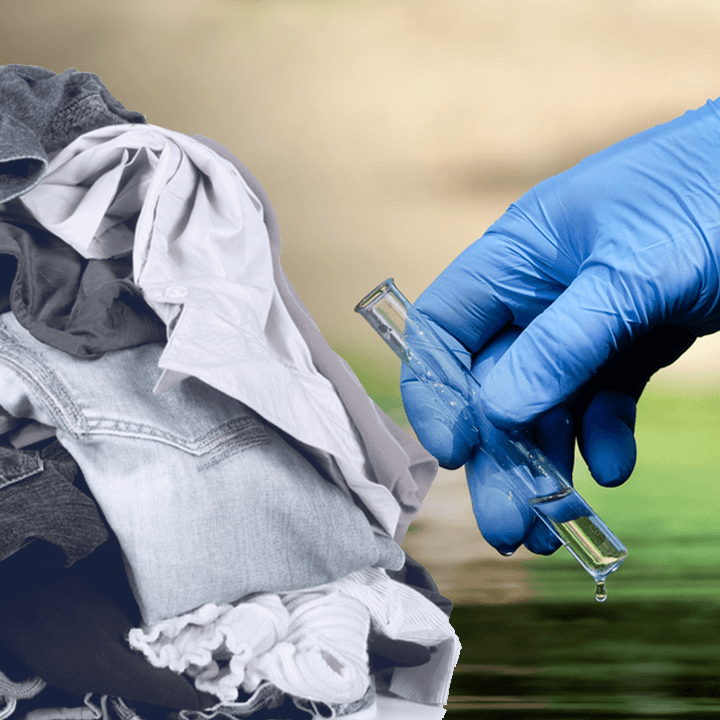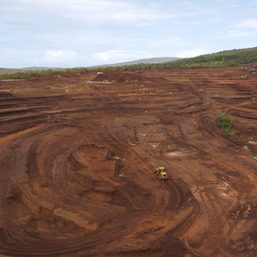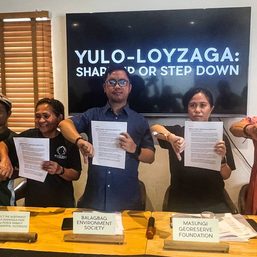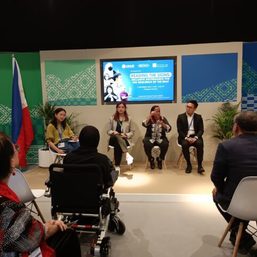SUMMARY
This is AI generated summarization, which may have errors. For context, always refer to the full article.

Global fast fashion brands are helping drive pollution that has dyed African rivers blue or turned their waters as alkaline as bleach, according to a report published on Tuesday, August 17.
Water Witness International’s (WWI) report featured the polluted rivers in Lesotho in southern Africa and Tanzania to highlight the risks posed as global brands increasingly source garments from contractors in Africa, attracted by cheap labor and tax incentives.
Global brands could force better practices, but so far their presence in Africa has done little to stem rife pollution, water hoarding by contracting factories or even ensure adequate water and sanitation for factory staff, Nick Hepworth, director of WWI and author of the report, said.
“The flip side is that (fast fashion) could be a force for change,” he continued, but brands and investors needed to take the lead.
In Lesotho, researchers found a river visibly polluted with blue dye for denim jeans. Samples taken from Tanzania’s Msimbazi river in Dar es Salaam meanwhile tested a pH of 12 – the same as bleach – near a textiles factory, the report said, adding local communities use the Msimbazi for washing, irrigation, and more.
It identified some 50 international brands that source or have sourced their clothes from African nations, including Inditex’s Zara, ASOS, and H&M, but didn’t tie the pollution to any company’s supply chain.
Zara did not provide a comment. ASOS and H&M confirmed they source from Africa but pointed to initiatives to ensure sustainability or address water risks.
Brands can and do make environmentally sustainable clothing, and consumer pressure was key to encouraging more, said Katrina Charles, an expert on water security and quality at the University of Oxford who has worked with governments in Africa and Asia.
The textiles sector offered opportunities for African nations, including growth and jobs, but these would not pay off if pollution management and adequate working conditions weren’t ensured, she said.
“Making the textile industry a force for good in Africa is a very delicate balance,” she said. – Rappler.com
Add a comment
How does this make you feel?





There are no comments yet. Add your comment to start the conversation.